The female successes and struggles of STEM
Female Shorewood STEM students share their experiences from male-dominated fields.
April 1, 2021

“Motivated,” “uplifted and encouraged,” “equitable,” “sisterhood.” These are words used by juniors Yubi Mamiya, Iris Pang, and Viviana Dang to describe their experiences in STEM.
At the same time they describe their experiences as “isolating and terrifying,” “feeling like I don’t belong,” “scary,” “difficult,” and “a struggle.”
Mamiya, Pang, and Dang are all involved in STEM clubs: Mamiya, vice president of the Science Olympiad Club; Pang, president of the SPARKS Club (previously Girls Who Code); and Dang, a club officer for the SPARKS club.
Mamiya shared that the Shorewood Science Olympiad Club has supported her and contributed to her growth in science.
“My journey in the Science Olympiad Club has brought me from a place where I am interested in the sciences to a place where I can genuinely see how my work can impact the world,” she said.
She also believes the club has pushed her at times out of her comfort zone. “Personally, I believe the club has challenged me to take new risks to explore my science passions and skills…the club provides so many opportunities-competitions, events, outreach, and personal projects-for its members to see the tangible results of their skills,” Mamiya said.
The Shorewood Science Olympiad Club has about the same number of boys and girls and Mamiya points out that she believes the equality of the club is partly because of Gloria Horne, the female club advisor who also teaches Honors Chemistry and AP Chemistry at Shorewood.
“It’s so amazing to have a leader who is able to support each of our dreams and ambitions in the sciences. She is always passing on great opportunities for all of the science club members,” Mamiya adds.
Iris Pang, junior, is the president of the Shorewood SPARKS club. She reflects on the heightened awareness of the gender gap in STEM. “If I were to be interested in STEM and its careers a few years ago, I believe that there would be a lot more barriers I would have to face, compared to now,” she said.
Furthermore, Pang said that her involvement in SPARKS had made her more aware of how privileged she was growing up and to be involved in STEM now, as the awareness of the gender gap in STEM is focused on.
“I want to be able to highlight the opportunities I was able to participate in to have STEM open to all, and dispel the barriers surrounding STEM careers for as many as I can,” she said.
Pang has had the opportunity to participate in the Girls Who Code Summer Immersion Program for female and non-binary students to get involved in coding and computer science. Pang was able to talk with others about coding and more.
She shared that there was equitable gender and sexual identities in the STEM programs she was involved in or females or nonbinary students were highlighted.
“Pursuing a STEM career makes me motivated to create environments where people can talk about or work with STEM/computer science openly, regardless of gender identity and encouraging underrepresented communities to follow areas of studies they want to,” Pang said.
Viviana Dang, junior, is a SPARKS club officer, and shared that SPARKS has given her lots of opportunities to meet other women in STEM from high schools, universities, and careers. These women opened up about what it is like being female in predominantly male fields, motivating Dang to continue pursuing her goal of nursing or pre-med, and later in the direction of dermatology in college.
“These realities that they have revealed to me at a young age helped me to shape my future but also pushed me to work harder to break barriers for all women,” Dang said. Seeing women successful in STEM inspires her and she believes probably inspires other females to do the same.
“My perspective of women in STEM has never changed: women can do anything they set their mind to, but it is about educating others to view women in the same way,” Dang said.
These young women have been embraced with opportunities, achievements, and support in STEM. Despite this, they have also experienced discrimination, prejudice, microaggressions, and inequitable situations along the way, due to being females in the predominantly male STEM fields.
Mamiya expresses that she had a lack of confidence that she could be successful in science before she joined the Science Olympiad club.
She described being in a predominantly male field as “isolating and terrifying.”
“It’s especially difficult to be one of a few girls in a large crowd when those in positions of power are men. I often feel like I don’t see myself represented in the leaders who are supposed to be supporting me,” Mamiya says.
She recalls being the only girl in her math class at the University of Washington. “The lasting impression of feeling unable to approach any guy around me. Scary and isolating experiences like these were very deterring for me,” she said.
Mamiya said that the bias in male dominated fields of science make it difficult for women to make it into positions of power. “This deeply rooted prejudice is one of the main reasons why I am so hesitant to pursue a career in the sciences, specifically some of my favorites such as computer science,” she said.
Dang shared that meeting others outside of the supportive school environment can be different than the great support she has received at Shorewood.
“I have experienced people being very straightforward and directing me to not pursue my ambition of STEM on the sole reason of my gender and how I can not handle it as a woman. Their reasoning being that the STEM field is too tough, strict, and difficult for a woman, like myself. They said I would be better suited ‘raising a family and choosing an easier life,’” Dang said.
Despite this, Mamiya, Pang, and Dang express the importance of community and sisterhood support for females interested in STEM.
As Vice President of the Science Olympiad Club, Mamiya has strived to cultivate a nurturing community, brought together by the common interest for sciences.
Mamiya said, “I believe it is so important for girls to have access to these opportunities early on so that they can see the potential in their work. Since there are so few women STEM role-models that we see in school, I want the members of Science Olympiad Club to become their own and each other’s role-models for what we can accomplish when we empower girls.”


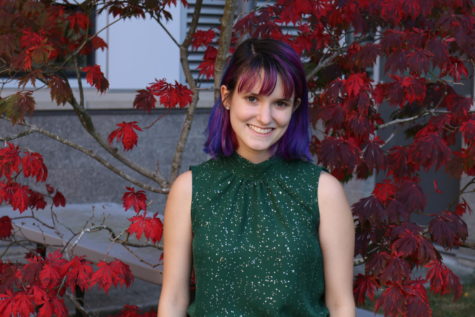
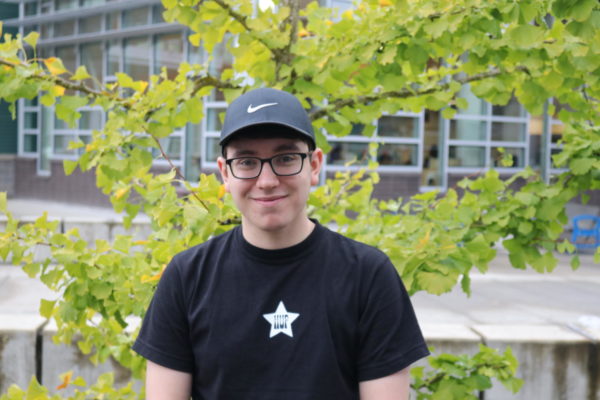

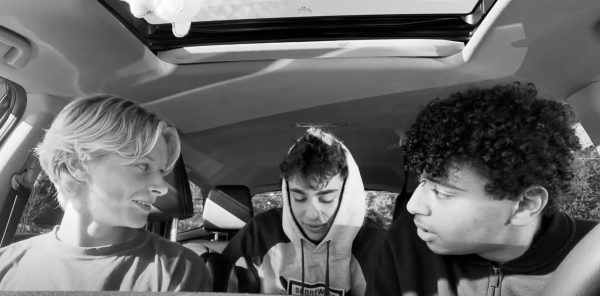
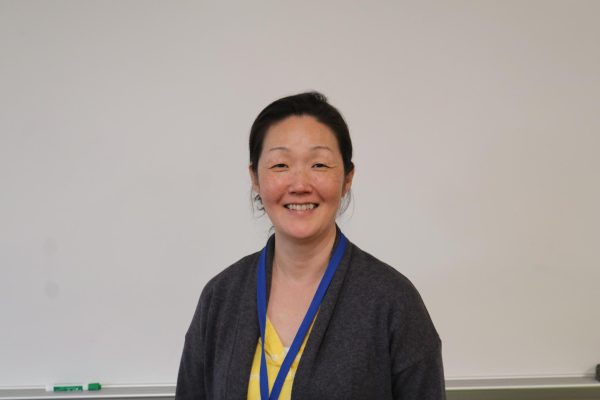
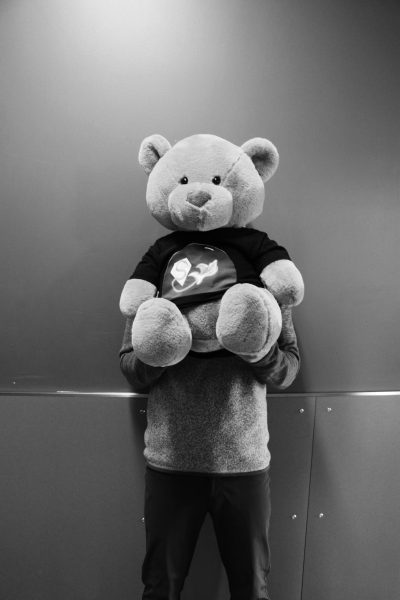

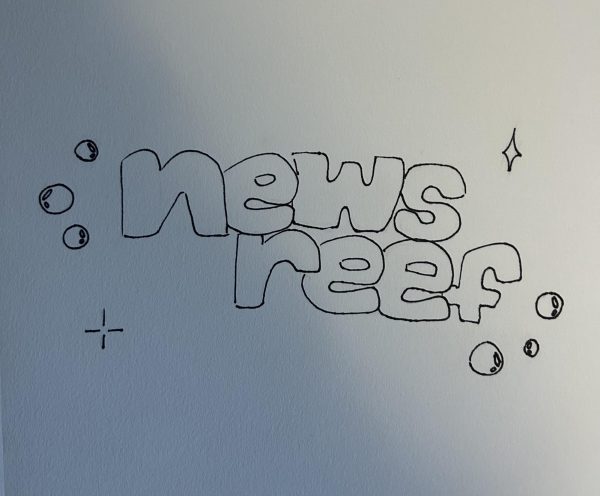
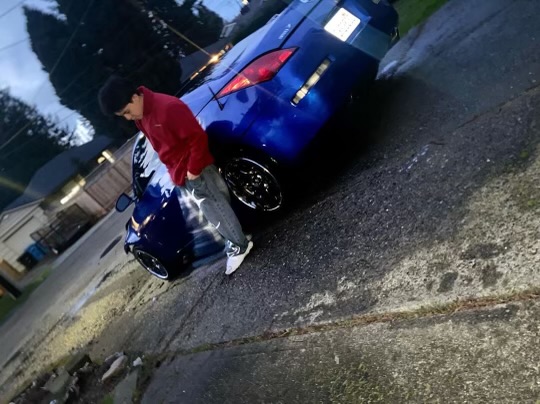

Sheila Giesler • Apr 1, 2021 at 9:19 pm
Wonderful, thoughtful, and meaningful reporting! I am happy to know that Shoreline Community and Shorewood High have been so supportive of Mercy! It’s unfortunate that the 2021 Seniors have not gotten the kind of support they should have been given. The Pandemic has left so many of us grappling with a mindset of inability to plan for future happenings. Last year was easier to plan events because of the shorter time involved. That’s not meant to be an excuse, but it seems to have been a reality. Hopefully, we will sort out the positive actions that made an impact and pass that information on as individuals, as well as groups.